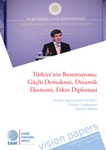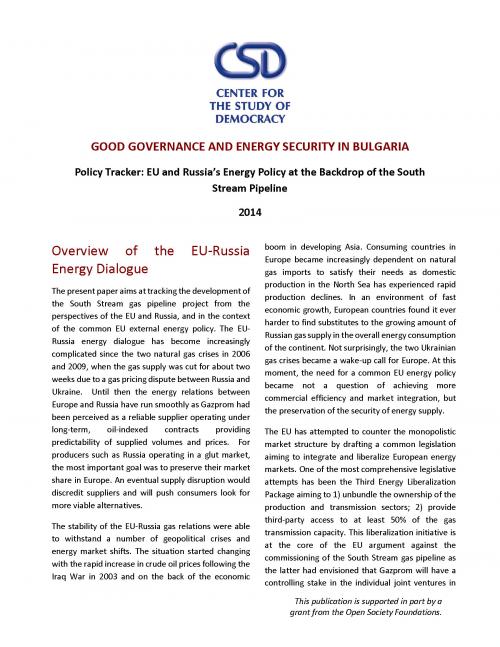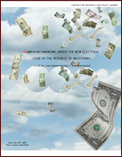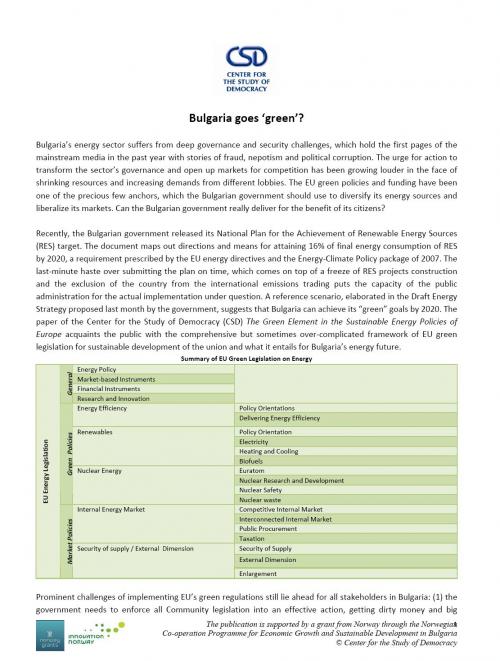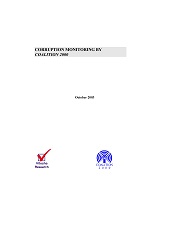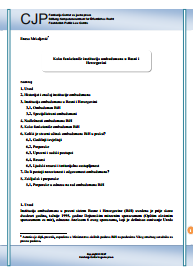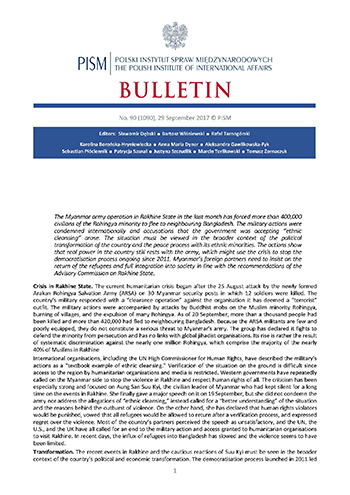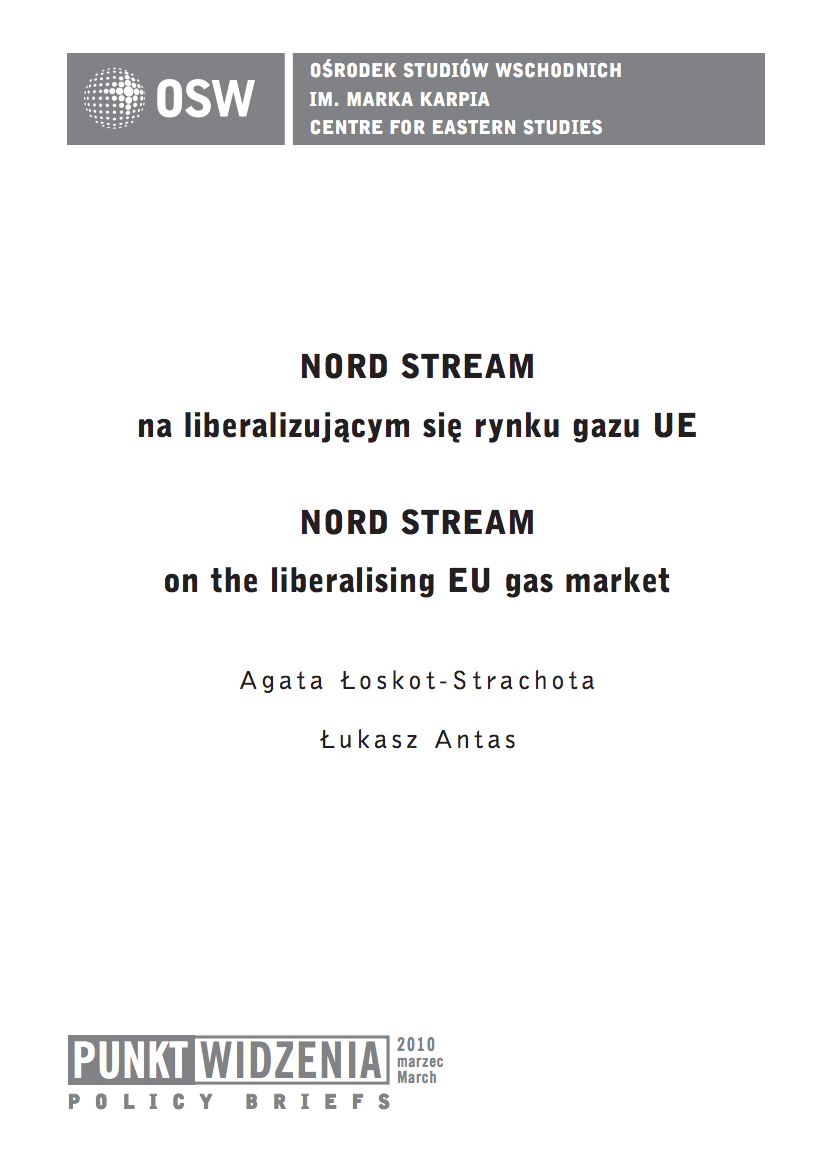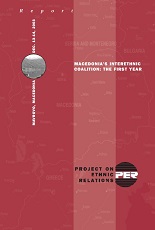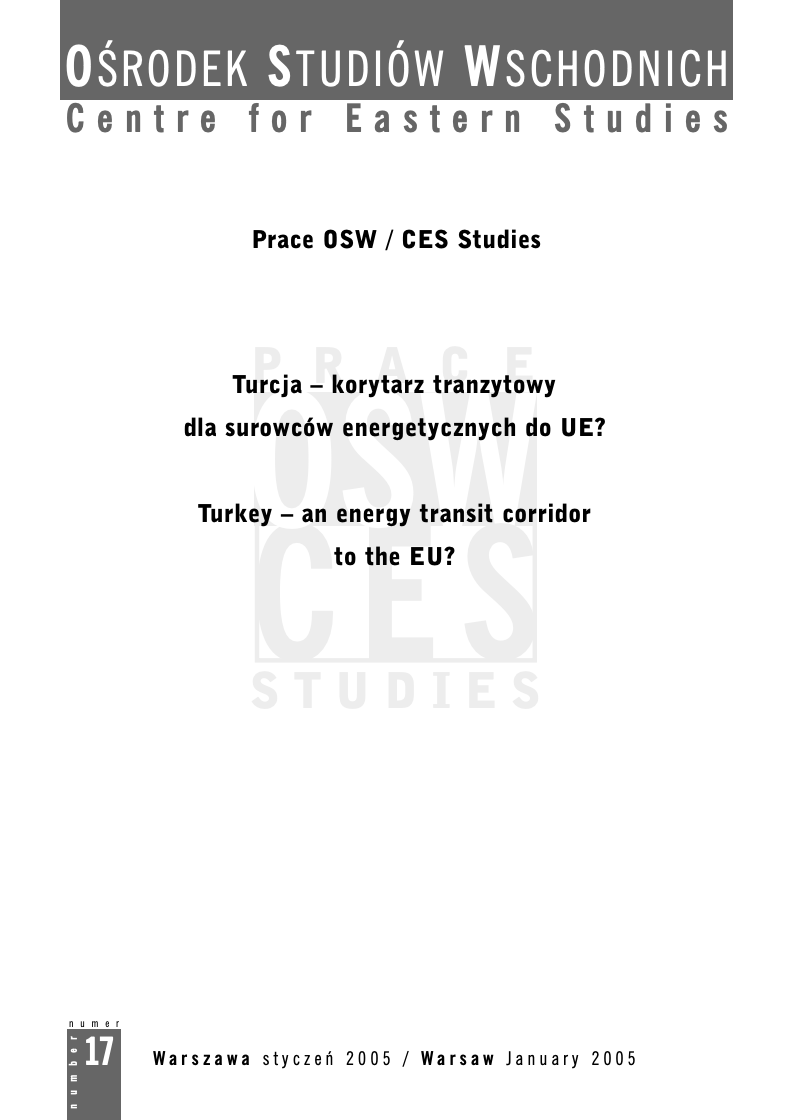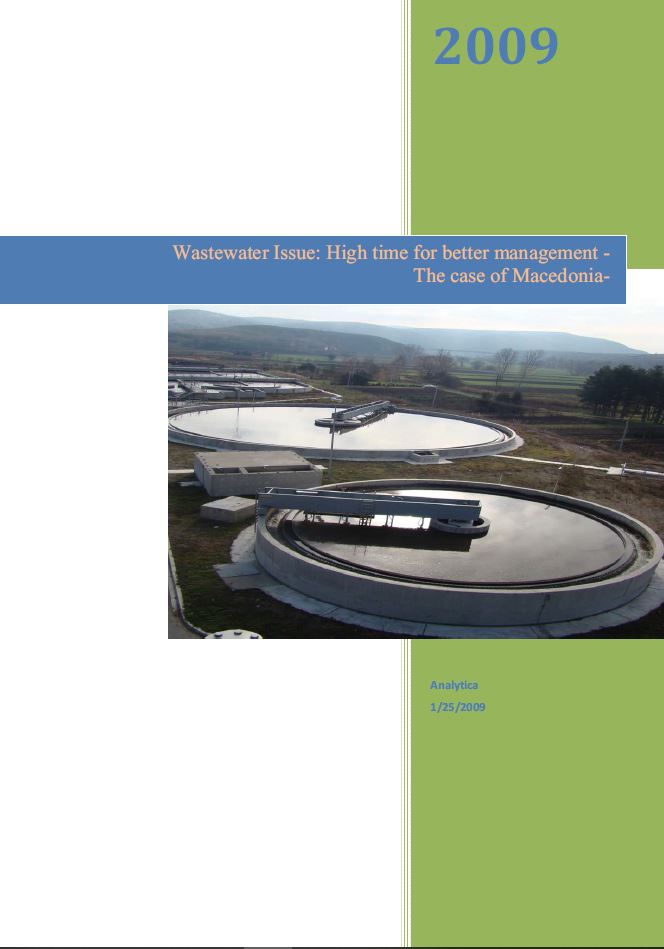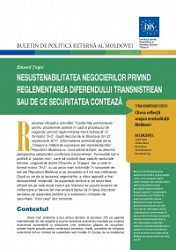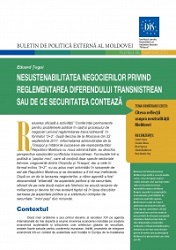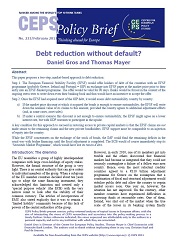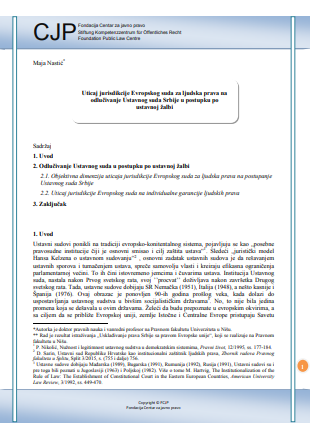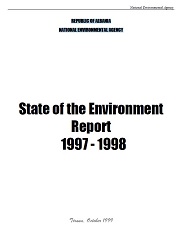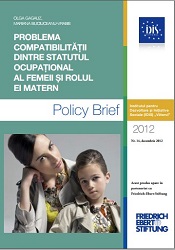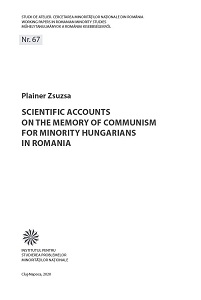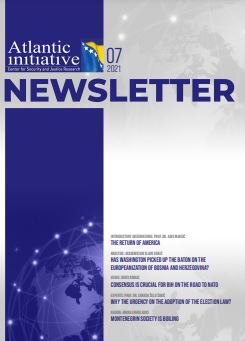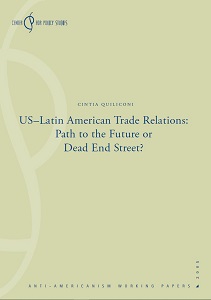Macedonia's Inter-Ethnic Coalition: The First Year
Author(s): / Language(s): English
Keywords: Mavrovo process; ethnic conflict in Macedonia;
When, at the request of members of the Macedonian government, the Project on Ethnic Relations (PER) agreed more than a year ago to host a roundtable meeting for representatives of the country’s coalition [the Social Democratic Union of Macedonia (SDSM), the Democratic Union for Integration (DUI), and the Liberal Democratic Party (LDP)] and opposition parties, we scarcely anticipated the demand for this type of forum. Indeed, what started as a single meeting (held in Mavrovo, Macedonia on May 10-11, 2003) has since become the “Mavrovo Process.”
Launched by PER in cooperation with the Swiss Federal Department of Foreign Affairs and the Swiss Embassy in Macedonia, the Process is designed to facilitate communication not only between members of the government and the opposition, but also within the coalition itself. These discussions, which are not for public attribution, provide participants a rare opportunity to offer their vision for Macedonia’s future and to candidly assess the government’s performance in implementing the 2001 Ohrid Framework Agreement—an internationally brokered truce that is credited with ending the country’s bloody albeit brief ethnic conflict.
The participants at the May roundtable agreed that all parties should reconvene under PER auspices roughly once every six months, whereas members of the coalition should meet every three months. Two meetings have since taken place. The first, a discussion among the coalition parties, occurred in September; the second meeting, held in December, featured participants from the senior-most levels of the Macedonian government and opposition as well as representatives of the international community. While themes from the September discussion are referenced herein, it is the latter meeting which forms the basis for this report.
More...
